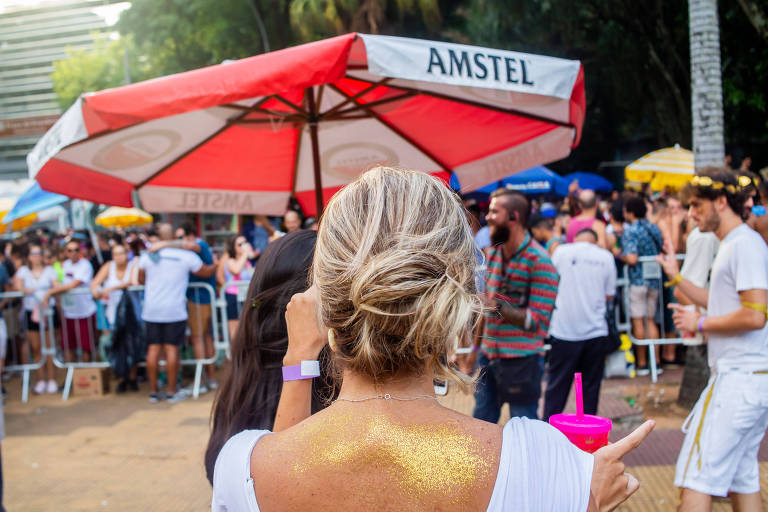Carnaval street parties are famous for being opportunities for hookups, but they are also breeding ground for unwanted sexual advances. But this year, for the first time, sexual harassment will be considered a crime.
A new bill, defining the crime of "sexual impropriety" (to practice a sexual act against another person without consent), was enacted into law in September 2018. The punishment is one to five years in jail, a stricter sentence in Brazil than manslaughter, one to three years in prison.
Previously, such acts were considered misdemeanors, punished with a fine. That's what happened with a man who ejaculated on a female passenger inside a bus in São Paulo in 2017 and was released less than 24 hours later. The episode sparked a movement that culminated with the new law.
The new law considers rape as the act of forcing someone to have sex under threat or violence.
Translated by NATASHA MADOV
